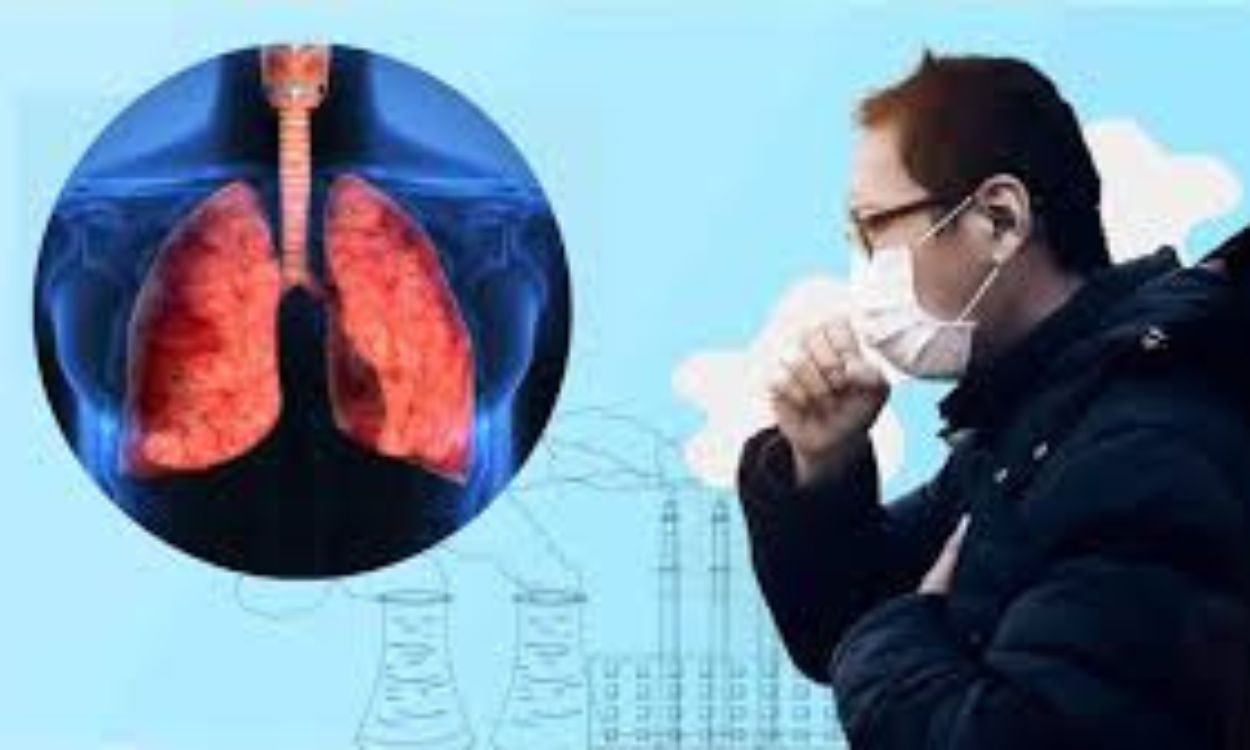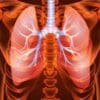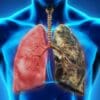Breathing Easy: Can Air Pollution Increase the Risk of Developing Respiratory Allergies in India?**
Introduction: The Unseen Threat in the Air
Air pollution is an invisible enemy lurking in the air we breathe, and its impact on our health is substantial and concerning. In India, where industrialization and urbanization grow at a rapid pace, the quality of air has seen a decline, posing serious health threats, including the escalation of respiratory allergies. The correlation between air pollution and respiratory issues like asthma and allergies is no longer a subject of debate but a harsh reality, affecting millions across the country.
Understanding the Link: Air Pollution and Respiratory Allergies
Air pollution is comprised of various pollutants, including particulate matter (PM2.5 and PM10), nitrogen dioxide (NO2), sulfur dioxide (SO2), ozone (O3), and volatile organic compounds (VOCs). These pollutants are derived from vehicular emissions, industrial discharges, and even natural sources like dust storms.
Particulate Matter and Allergies
Particulate matter, especially PM2.5, is known for its ability to penetrate deep into the lungs and enter the bloodstream. This can trigger inflammatory responses, exacerbating conditions like asthma and other respiratory allergies. Studies have shown that exposure to high levels of particulate matter can increase the incidence of allergic reactions and respiratory distress.
Ozone and Respiratory Health
Ground-level ozone, a significant contributor to smog, is another pollutant of concern. It can cause airway inflammation and exacerbate allergic responses. In children and the elderly, who are more susceptible to pollutants, exposure to high ozone levels can increase the frequency and severity of asthma attacks and other allergic manifestations.
Lifestyle and Genetic Factors
While air pollution is a significant factor, the risk of developing respiratory allergies also depends on genetic predispositions and lifestyle choices. Individuals with a family history of allergies are at a higher risk, and factors such as smoking, dietary habits, and physical activity levels can influence an individual’s susceptibility to pollution-induced allergies.
Mitigating the Risks: What Can You Do?
While macro-level changes such as policy reforms and technological advancements in reducing emissions are crucial, individuals can take proactive steps to minimize their exposure and reduce health risks. These include:
– Using Air Purifiers: Investing in quality air purifiers for homes can help filter out harmful pollutants and provide cleaner air indoors.
– Wearing Masks: Especially in urban and high-pollution areas, wearing masks can reduce the inhalation of harmful particulates.
– Monitoring Air Quality: Keeping track of air quality indices and planning outdoor activities accordingly can help minimize exposure during high pollution days.
– Improving Indoor Air Quality: Ensuring proper ventilation and using plants that can naturally purify air can also aid in maintaining better air quality indoors.
Transition: Embrace a Healthier Lifestyle with Fitpaa
While mitigating pollution exposure is one aspect, adopting a holistic approach to health can significantly enhance your overall well-being. This is where Fitpaa comes in. Fitpaa is not just an app; it’s your personalized health companion, guiding you through a scientifically-backed journey to better health.
How Fitpaa Empowers You to Combat Pollution Effects
With Fitpaa, you gain access to a comprehensive health and fitness plan tailored to your lifestyle, metabolism, and health goals. Here’s how Fitpaa can make a difference:
– Personalized Metabolism Optimization: By assessing your metabolism, Fitpaa helps you understand how air pollution might be impacting your health and provides strategies to boost your body’s defenses.
– Guided Nutrition and Fitness Plans: Fitpaa offers customized diet and exercise plans that strengthen your immune system, making you more resilient to pollutants and allergens.
– Real-time Health Monitoring: Stay informed with real-time progress tracking and adjustments to your health plan as needed, ensuring you remain on the path to optimal health.
– Community and Support: Join a community of like-minded individuals and access unlimited consultations with experts to keep you motivated and informed.
Conclusion: Take Control of Your Health Today
Air pollution may be an unavoidable part of modern life, but it doesn’t have to dictate your health. By understanding the risks, taking proactive measures, and leveraging technology like Fitpaa, you can protect yourself and enhance your quality of life.
Download the Fitpaa app today and embark on your journey towards a healthier, more empowered you. Breathe better, live better!











